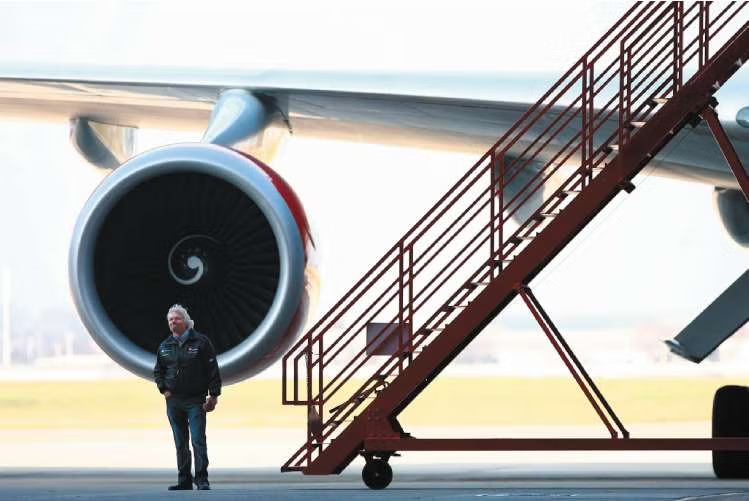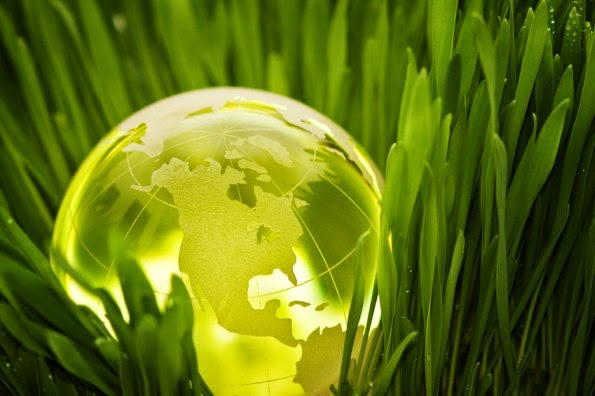
Virgin Atlantic’s historic flight on 100% sustainable aviation fuel (SAF) takes off from London Heathrow to New York JFK on November 28.

From 2020, British Airways will become the first UK airline to offset carbon emissions on all domestic flights. Customers on domestic flights will have their carbon emissions offset by the airline and invested in carbon reduction projects around the world.

It's challenging to electrify aviation using batteries or fuel cells in part because of the weight restrictions on aircraft, so liquid biofuels have the potential to play a big role in greenhouse gas emissions reductions.

Etihad Airways has become the world's first airline to fly a commercial flight using locally produced sustainable fuel derived from plants grown in saltwater.

JetBlue airlines has just announced the success of their 10-year mission to reduce their carbon footprint and promote sustainability by fighting the effects of climate change.

On Monday, a Qantas flight took off from Los Angeles, US to Melbourne, Australia burning 90-percent regular jet fuel and 10-percent mustard seed oil biofuel.

Electric vehicles accounted for 50 percent of new car sales in Norway in December and now the country hopes “to be the first in the world” to switch over to electric air transportation.

Virgin Galactic’s passenger rocket ship is gearing up for powered flights that could eventually carry paying tourists into space from southern New Mexico, US.

Creating lighter yet powerful engines is just one way the aviation industry is trying to reduce its environmental impact.

Qantas recently announced it will operate the world’s first bio-fuel flight between the United States and Australia. The Los Angeles to Melbourne flight will take place early next year.

The oil-rich Salicornia being grown as part of the pilot project is being used to produce aviation biofuel. It is an important milestone in the life of the project — which aims to begin producing “sustainable” jet fuel for the local aviation industry.

Researchers have made a significant breakthrough in the direct conversion of carbon dioxide (CO2) and methane (CH4) into liquid fuels and chemicals which could help industry to reduce greenhouse gas emissions.

EasyJet has entered into a partnership with an electric aircraft manufacturer. The airline said it had been working with the U.S.-based business this year and revealed a prototype electric plane with a range of 335 miles.

A recent analysis from US researchers estimate that an aircraft could fly for 10 hours on bio-jet fuel produced on 54 acres of specially engineered sugarcane.

The country’s top airlines say Canada has the potential to become a biofuel superpower by transforming forest residue and agricultural crops into energy.